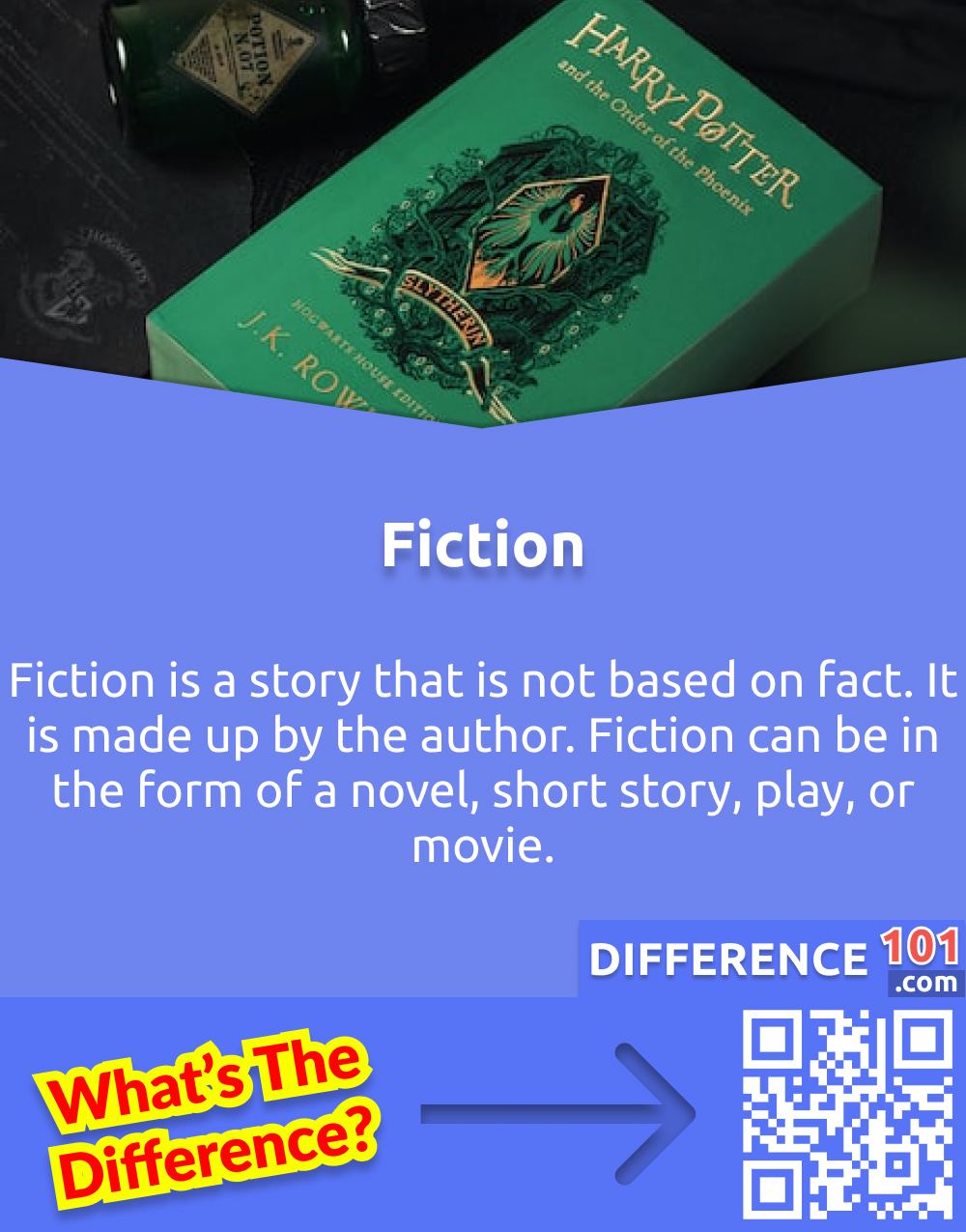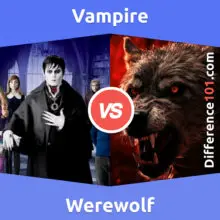It is a common misconception that fiction and nonfiction are two completely different genres. In reality, the line between fiction and nonfiction is often blurred. The main difference between the two genres is that fiction is based on imaginary events, while nonfiction is based on real events. However, there are many subgenres of both fiction and nonfiction, and the distinction between the two is not always clear-cut.
Table of Contents
What Is Fiction?

Fiction is a story that is not based on fact. It is made up by the author. Fiction can be in the form of a novel, short story, play, or movie.
What Is Nonfiction?

Nonfiction is a type of writing that presents real, factual information. Nonfiction can be further divided into subcategories, such as creative nonfiction, which uses literary devices to tell true stories, and informative nonfiction, which is designed to educate or inform the reader about a particular subject.
Key Differences Between Fiction And Nonfiction
There are key differences between fiction and nonfiction.
- Nonfiction is based on real events and typically contains accurate information, while fiction is made up and usually contains made-up stories.
- Nonfiction is often written to inform or educate the reader, while fiction is written to entertain.
Fiction vs. Nonfiction Similarities
There are a few key similarities between fiction and nonfiction. First, both genres are forms of literature. They are both written works that tell a story or provide information. Second, both genres can be either short or long form. Third, both genres can be either serious or lighthearted in nature.
Fiction vs. Nonfiction Pros and Cons
Fiction Pros & Cons

Fiction Pros
Fiction is a genre of writing that can be both fun and educational. It can take the form of novels, short stories, plays, and even movies.
- Fiction allows the writer to explore different worlds and create characters that may be based on real people or completely imaginary.
- Fiction gives the writer the opportunity to teach lessons through the story line.
- The pros of writing fiction include the ability to be creative, to entertain, and to educate. It is easy to write.
- No censorship.
- Fiction is relaxing and can be a mood lifter.
Fiction Cons
- Fiction can be time-consuming to read. Some people find that fiction can be “addictive,” leading them to spend more time reading than they originally intended.
- It can be difficult to find good fiction that is appropriate for your taste and interests.
- Fiction isn’t factual, could be inaccurate, or untrue.
- Fiction can be expensive, especially if you purchase hardcover books.
Nonfiction Pros & Cons

Nonfiction Pros
- Nonfiction can provide accurate information about a wide variety of topics, allowing readers to learn about new things or gain a new perspective on familiar topics.
- Nonfiction books offer deep insights into the lives of historical figures and events.
- Nonfiction can be an enjoyable and stimulating read, providing mental stimulation and food for thought.
- Nonfiction can be a great way to learn more about oneself and the world around them, providing insight and understanding.
- Nonfiction (also known as factual books or informational books) are written using facts, which are usually supported by research.
Nonfiction Cons
Nonfiction is a popular genre, but it has its disadvantages.
- Nonfiction is often more expensive than other genres.
- Nonfiction is often less accessible than other genres, as it can be harder to find Nonfiction books in libraries and bookstores.
- Nonfiction can be less enjoyable to read than other genres, as it often lacks the excitement and suspense of fiction.
Comparison Chart

Comparison Video
Conclusion
In summary, the difference between fiction and nonfiction is that fiction is the story which is made up whereas nonfiction is the truth of an event. Fiction also refers to letters, books, and poems which make up a story whereas nonfiction is a factual record of an event or period.







